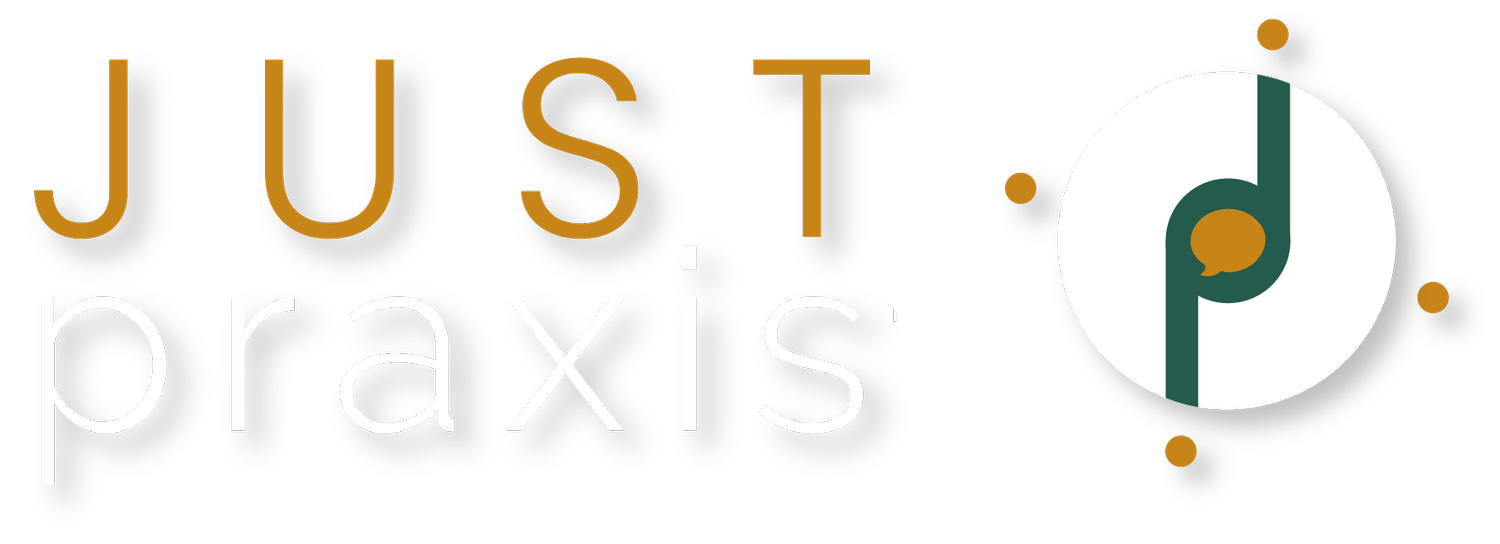The Best Laid Plans …
If you’ve read the post “Getting to Meeting #1” and wondering how things actually went at that meeting, this is the follow-up post for you.
Let’s start with what was awesome:
There was diverse representation of lived experience, practice areas, years of practice, geographical location, and professions that are “law-adjacent”. This diversity led to a rich discussion about the nature and definition of trauma, and how and why such discussions matter.
There was also a great discussion about trauma-informed approaches in various contexts, and how these might be relevant to the legal field. For example, one participant raised the concept of “strengths-based approaches” as part of trauma-informed practice in fields like social work and healthcare. This led to a further discussion about how strengths-based approaches might apply or if they were even possible in certain legal contexts.
Finally, there was a sense that most participants really wanted to be there. Many were also keen to contribute their knowledge, insights, and questions right away. And, most importantly, many participants expressed a clear desire to return for a second meeting. We counted that as a win!
We were really happy about these outcomes. At the same time, we spent most of our post-meeting debrief discussing what didn’t go as planned and what to do next:
First and foremost, we tried to do too much. We had 90 minutes, but that’s really not much, especially when most participants don’t know each other. Looking back, we tried to achieve too many outcomes in Meeting #1. We’d definitely take a different approach if we could do it again.
We had asked participants to watch a short YouTube video about communities of practice before the meeting to ground their expectations and set the stage for our discussion. Some had done so, but others hadn’t had the opportunity. Watching the video as a group was essential to prepare everyone for the rest of the discussion. Even now, we still send out material in advance of our meetings. Nevertheless, we also give participants a chance to review material during the meeting as well. Yes, it takes time, but it isn’t realistic to expect everyone to have the time to prepare before the meeting.
We had debated extensively what our role should be in “setting the agenda” for TIP CoP meetings. We wanted and welcomed contributions from participants, and were keen to co-organize and co-facilitate alongside others. However, the first meeting made it clear that we needed to allow more time for the group to “gel” before this would happen. Participants definitely wanted to come back, but it was clear we’d have to play more of a leadership role for at least the next few sessions while they got to know each other.
We continued to fine-tune our approach with each meeting, using feedback we received and insights from our post-meeting debriefs. More on that in future blogs!
Monica Chohan & Susan O’Neil
Founders of justpraxis.com

